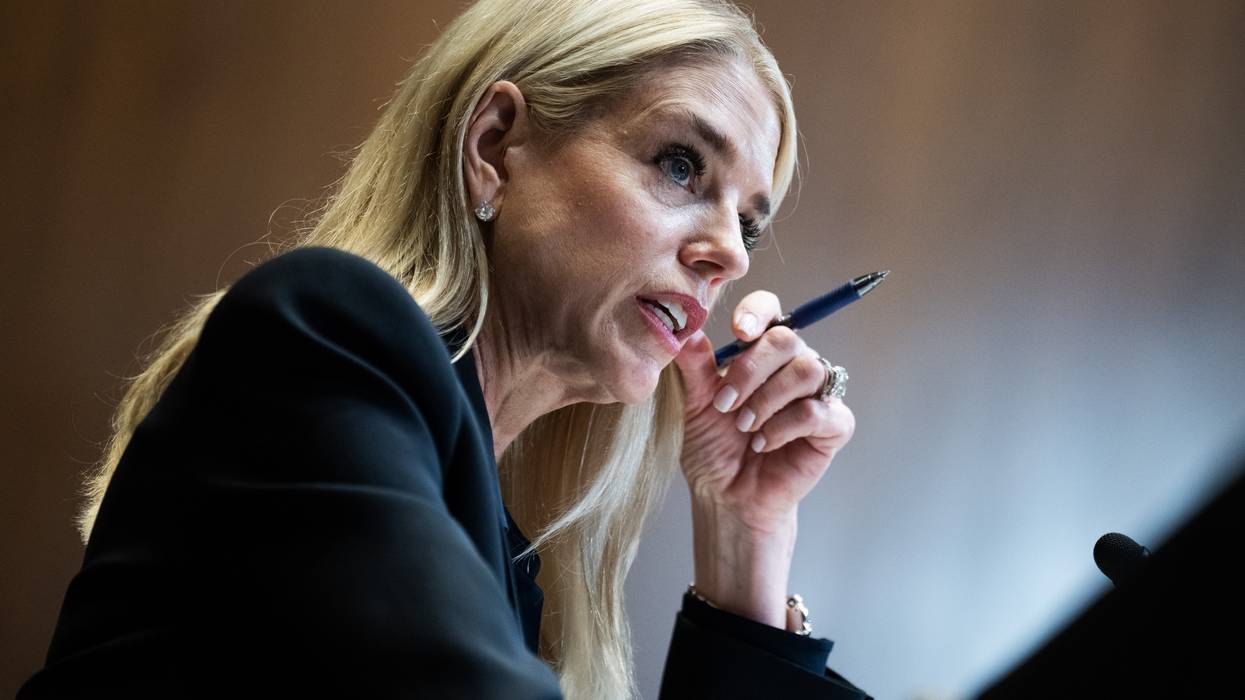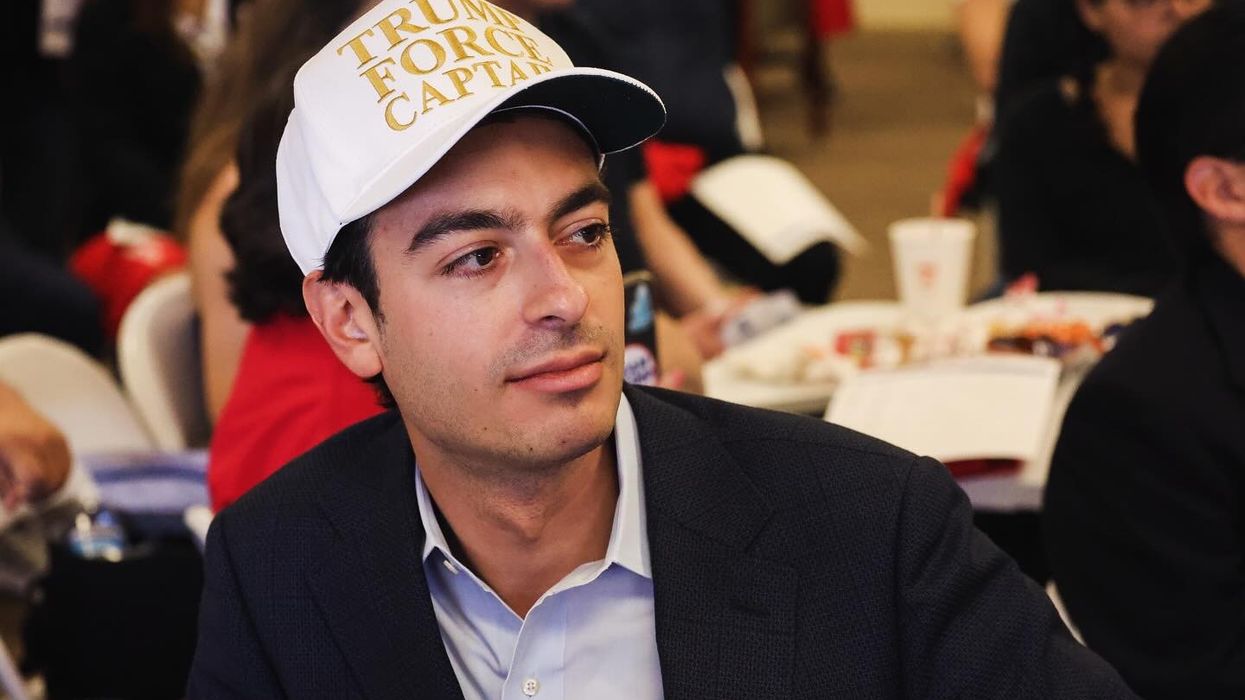Musk's SpaceX Likely Paid 'Little to No Taxes' Despite Lucrative Government Contracts
Patriotic Millionaires, an organization that lobbies for higher taxes on the wealthy, said the report was a "reminder of how unfair our tax code is."
Although Elon Musk's space exploration company SpaceX has benefited over the years from several lucrative government contracts, it has largely avoided paying any taxes to the federal government.
The New York Times reports that SpaceX has "most likely paid little to no federal income taxes since its founding in 2002 and has privately told investors that it may never have to pay any."
The reason that the company has gotten away with paying practically no taxes, writes the Times, is that it takes advantage of a tax benefit commonly referred to as a net operating loss carryforward "that allows it to use the more than $5 billion in losses it racked up by late 2021 to offset paying future taxable income." This tax benefit was initially limited in its scope, but congressional Republicans and US President Donald Trump in 2017 scrapped its expiration date for all companies, thus letting SpaceX and other firms take advantage of it indefinitely.
Danielle Brian, the executive director of the Project on Government Oversight, told the Times that this tax benefit was intended to help struggling firms weather tough times to stay in business, but that it was "clearly not intended for a company doing so well" as SpaceX.
In its review of SpaceX's internal documents, the Times found that SpaceX had paid a small amount of taxes over the years, although none of them were to the federal government.
"In one document, the company said it expected to pay $483,000 in income tax to foreign governments and $78,000 in state income tax in 2021," writes the paper. "Separately, it reported paying $6,000 for income taxes in 2020 and 2021, but did not disclose if the payments were for federal, state or local governments."
What makes SpaceX's tax avoidance particularly noteworthy is its own dependence on the federal government for business. In 2020, the Times found, federal contracts accounted for nearly 84% of the firm's total revenues.
Patriotic Millionaires, a group of wealthy Americans who advocate for higher taxes on the rich, wrote on X that SpaceX's almost total lack of tax payments to the federal government was yet another piece of evidence about the tax system being rigged for the big corporations.
"SpaceX has secured billions in government contracts over the years," they wrote. "In return, it has likely paid... $0 in federal income taxes—and may never have to. Just in case you needed a pre-weekend reminder of how unfair our tax code is!"


